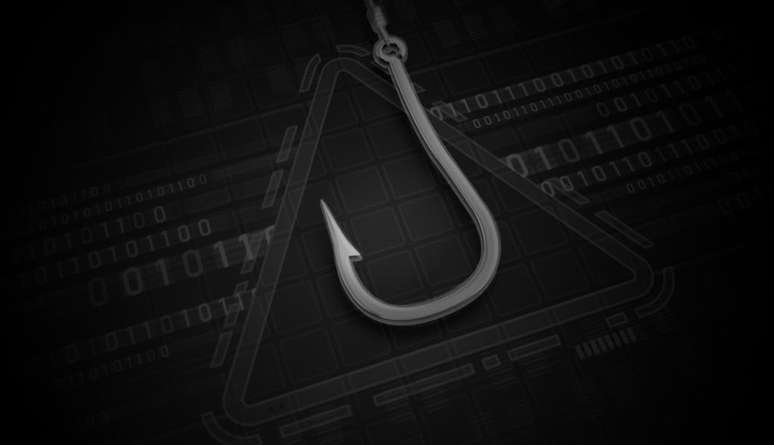Find out what vishing is, the risks of this type of scam and discover tips to prevent this type of fraud
Vishing is a telephone fraud in which the scammer pretends to be a bank, store or other type of company. This practice is exploited to steal data and even money by simulating, for example, calls related to bank account problems.
- 3 call barring options | Android and iPhone
- How to identify if a website is a phishing attempt?
- How to block SMS on cell phone | Practical guide
What is a vishing attack?
The term “vishing” is a portmanteau of the words “voice” and “phishing” – i.e. “voice phishing”. “It is a form of attack in which the telephone system is used (for example, a voice call) trying to deceive the victim (the concept of ‘phishing’, a corruption of ‘fishing’ in English ), explains to Canaltech Marcos Simplicio, USP professor and IEEE member.
Security Engineering Manager of Check Point Software Brasil, Fernando de Falchi, informed the report that “after cybercriminals gain access to data such as mobile numbers, logins, credentials, among other user login data, attacks such as the vishing (voice phishing) or smishing (combination of the words “SMS” and “phishing”) may occur.”
This practice is widely exploited in the famous fake telephone exchange scam, in which criminals pretend to belong to a company during a call. This is the case of calls that go through a bank to inform you that they have made a Pix after an alleged improper access to your account and that you need to transfer the same amount to cancel the transaction.
Vishing scams can also involve other unusual actions, such as asking to install a file Softwareask for your credit card number, ask for sensitive personal information, and even ask for authentication tokens, such as your six-digit code Whatsapp and other social networks sent via SMS, call or email.
What is the difference between vishing and phishing?
The similarity between the two terms goes beyond the name, as “vishing” is used for fake call fraud. Meanwhile, phishing is a more generic word for scams that pretend to be people and other companies to steal data, money, and the like.
Fernando de Falchi also noted that vishing is a form of attack Social engineering in which the victim is induced to provide information by telephone, while the smishing takes place via SMS.

What are the risks of this attack?
The main risks of vishing focus on data theft. In the most extreme cases, scammers convince victims to make bank transfers or even install a malware on your cell phone or computer pretending to be software from a legitimate company, for example.
Theft of personal information can also lead to subsequent risks, such as hacking of WhatsApp accounts, Instagram and other social networks to apply new scams, for example.
How to prevent vishing?
Whenever you receive a call requesting personal information, be suspicious. Especially in the case of urgent, alarming or threatening messages, and also of unmissable proposals.
Another tip is to pay attention when confidential information is requested in phone calls, such as passwords, credit card or bank numbers. Especially when you consider that legitimate organizations generally don’t ask for these details via email, calls or SMS.
Finally, it’s also important to create and use strong passwords, avoid credential reuse, and enable multi-factor authentication.
Find out also how to identify SMS scams to prevent phishing attacks via SMS sent to Your mobile phone. Another tip is block phone numbers used to apply fraud and send spam.
Trends on Canaltech:
- The House of the Dragon | The death in the first episode is MUCH more brutal in the books
- The House of the Dragon | What do the drawings mean in the new series opening?
- 12 old apps that still exist and work
- The 50 funniest Google Assistant jokes
- The 20 best horror films of the new generation
- The JBL box survives after 25 days under the mud in RS
Source: Terra
Rose James is a Gossipify movie and series reviewer known for her in-depth analysis and unique perspective on the latest releases. With a background in film studies, she provides engaging and informative reviews, and keeps readers up to date with industry trends and emerging talents.








